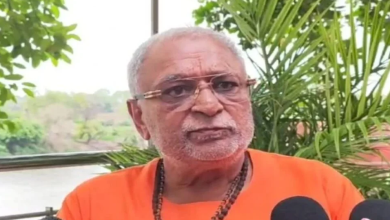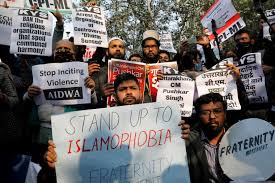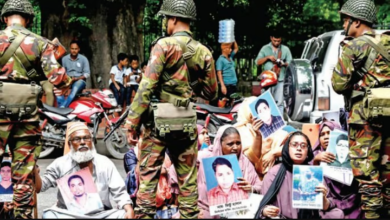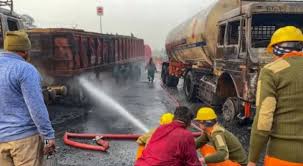Marathas who ruled India in past demand backward class rights in BJP rule
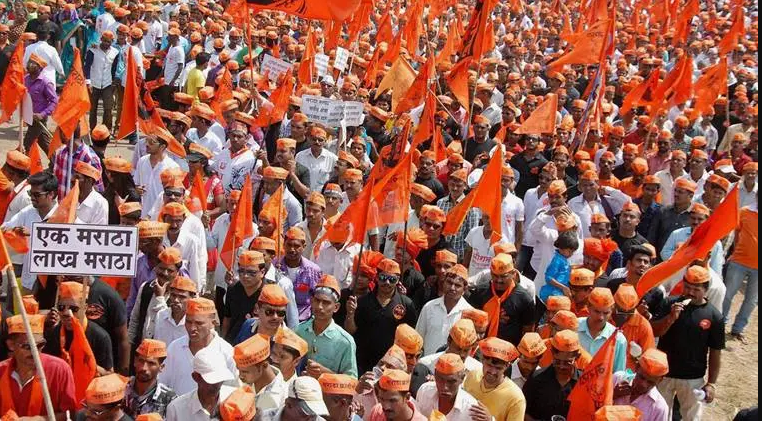
New Delhi: In today’s Bharatiya Janata Party-led India, the children of former rulers of the Maratha Empire particularly of Shevajee, the 17th century’s founder of the Maratha kingdom of India, have demanded inclusion in the OBC (Other Backward Class), a collective term used by the Indian government for backward castes.
According to Kashmir Media Service, critics of Modi government term the demand a slap in the face of the Hindutva rulers who who keep harping on ‘Shining India’ mantra, day in and day out, while the reality is that the Maratha people, once, had their own empire, the Maratha Empire, that rose in the 17th century and dominated much of the Indian subcontinent during the 18th century, are today witnessing a state even worse than that of the people fall in the category of OBC ((Other Backward Class).
The prosperous Maratha empire was known for warriors, administrators, and nobility, primarily from the Maratha, what is known today as a dominant caste in Maharashtra. The Marathas, who constitute one-third of the population of Maharashtra, are a Marathi-speaking warrior community, but not all who speak Marathi are Marathas. They became politically active under the leadership of Shivaji, their first king. Shivaji rule ended in 1818 after defeat by the English East India Company.
The proud Marathas could not adjust well to British rule and the English language. British rule did not view the Marathas favorably, similar to the majority of Muslim populations in India. The Marathas, known for their fierce independence and strong sense of identity, found it particularly challenging to accept the dominance of the British and adapt to their cultural norms. Consequently, the British suppressed them significantly and implemented policies aimed at undermining their influence and power. This marginalization not only impacted their social standing but also hindered their ability to fully participate in the political and economic spheres under British rule.
After independence in 1947, the fate of Marathas under new local masters did not change, and it deteriorated to the BJP’s rule to an extent that the progeny of Maratha rulers have to raise demand for inclusion in registered backward class.
Today, Marathas lack a fair share of government jobs and access to technical and professional educational intuitions. During the past year alone, 12 people from the Martha community committed suicide to get rid of financial burdens and the cycle of poverty. The lack of government support and opportunities has pushed the Maratha community to a breaking point, with many feeling hopeless and desperate.
Failure in addressing their problems, could lead to a vicious cycle of poverty and despair, worsening the Maratha people’s already precarious situation.





